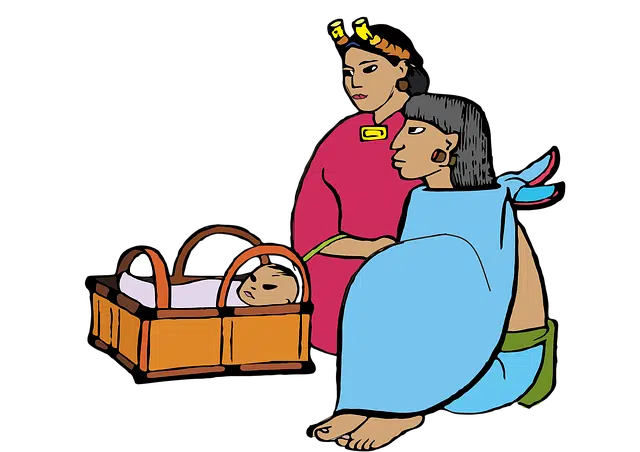
In Latin America, a package that is sent by mail or by a transportation service is called an encomienda.
Before entering fully into the meaning of the term encomienda, it is necessary to discover its etymological origin. In this case, we can state that it derives from Latin, specifically from the expression in commendam , which was used by the Catholic Church to refer to what was the ecclesiastical position that a person came to perform for a certain time.
However, later, with the passage of time and the discovery of America, the term in question also began to be used with another meaning. Specifically, at that time the Spaniards who traveled to the New World received an offer in exchange for money: to be in charge of the indigenous people who lived in a specific land to take care of their education, their protection and their evangelization.
The Royal Spanish Academy ( RAE ), in its dictionary, recognizes more than a dozen meanings of the term encomienda. The meanings vary according to context and region.
The parcel as a package
In Latin America , an encomienda is a package sent through a postal or transportation service. It is usually a box with some object inside that a sender sends to a receiver.
For example: “I already sent you the order with the set of glasses that belonged to my grandmother, it will surely arrive in the next few days” , “Yesterday I received a package with several copies of the latest edition of the magazine” , “I sold my PlayStation online and sent it to the buyer as an order once I received payment.”

During the colonial era, the encomienda was the name of a mechanism of domination that was applied to indigenous peoples.
The concept in colonial times
In ancient times, an encomienda was an institution whose characteristics depended on the place and the time. The encomienda established a bond of dependency , leaving a disadvantaged group subordinate to a powerful authority.
As we mentioned at the beginning, in the American colonies of Spain , the encomienda was used as a mechanism of dominance over aboriginal communities. The encomendero was a European who accessed the right to receive the encomienda, receiving the taxes that the Crown imposed on the indigenous people either in kind or in work. The justification was that the Native Americans became subjects of the Spanish Empire. In exchange for these tributes, the encomendero had to guarantee the protection and maintenance of the aborigines, although this relationship often led to an abusive relationship and the indigenous people were subjected to forced labor.
Characteristics of the assignment
In this sense, we have to highlight another series of important aspects about the assignment such as the following:
-It became a really useful instrument to establish and consolidate what was the dominion of the Spanish over the indigenous people.
-The indigenous people who became encomendados not only had to pay their corresponding taxes but also worked on the construction of places such as churches, prisons, courts, administrations... Specifically, the benefits that the Indians had to "pay" They could be of two different types: personal service, which could lead them to become domestic workers for whoever was in charge of the encomienda, and tribute.
-In many cases, the encomiendas came to hide slavery, which was legally prohibited.
